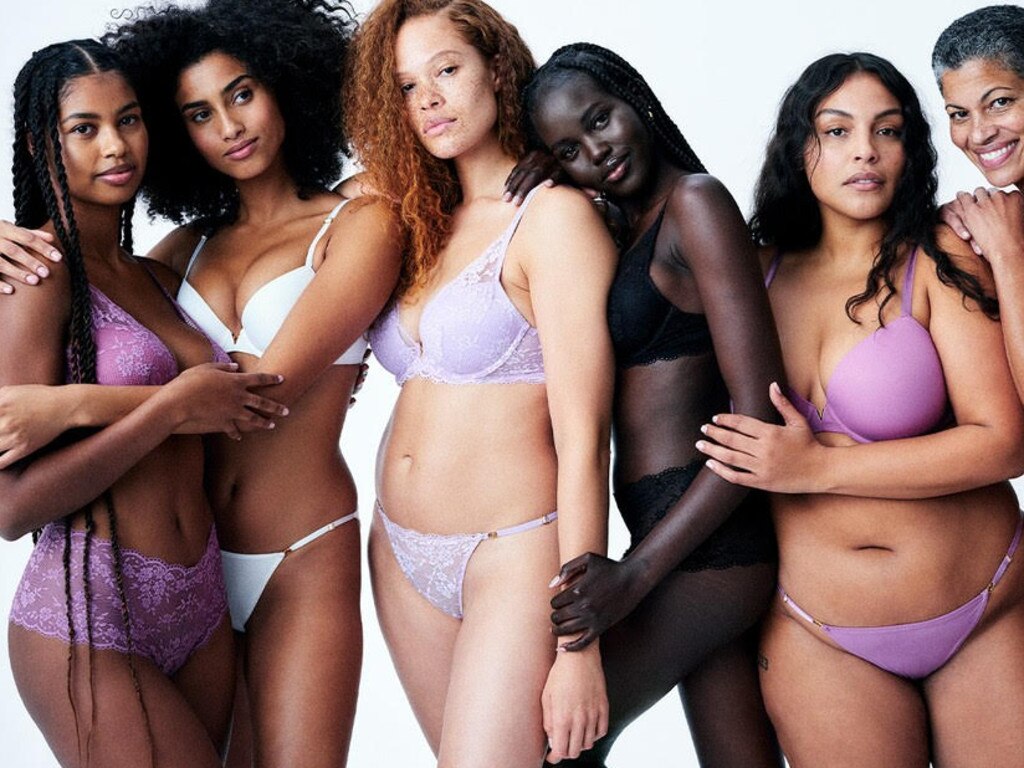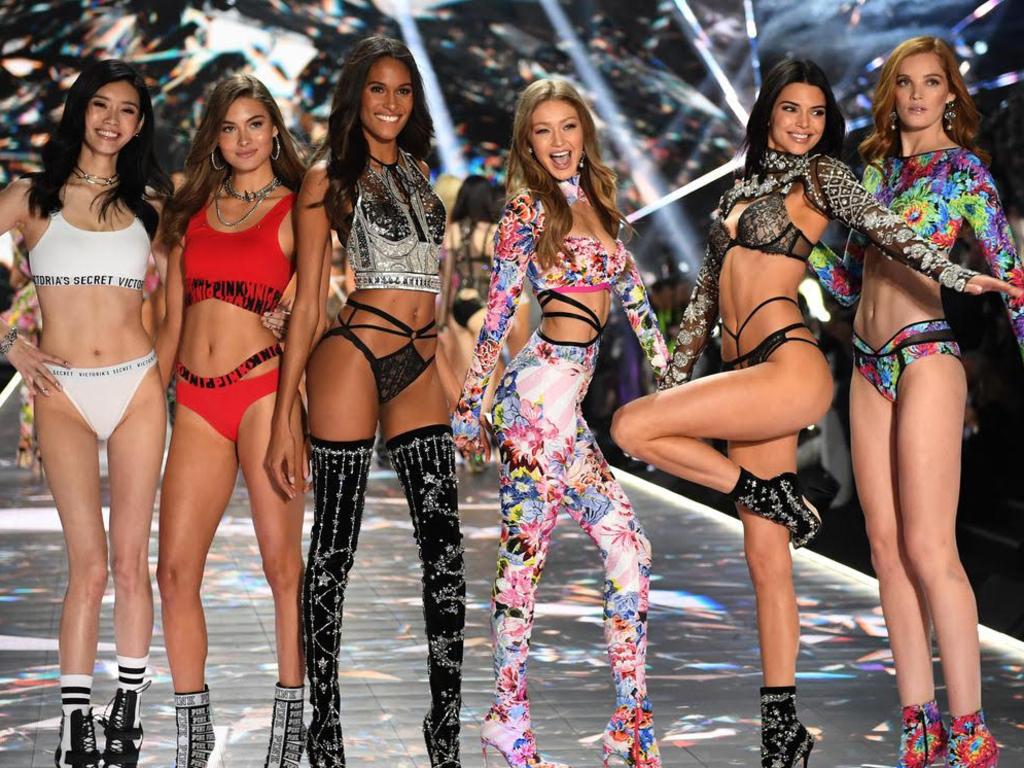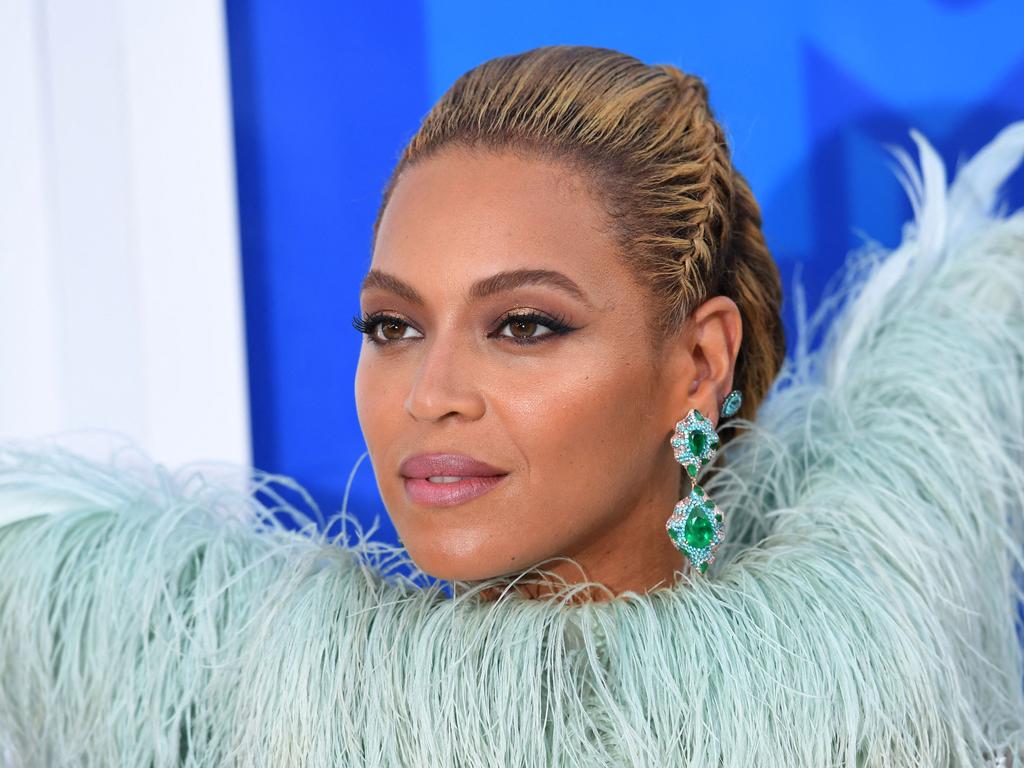Sarah Buckley: Political correctness overshadows consumerism, where to next
When political correctness overshadows consumerism, where to next, asks Sarah Buckley.
NSW
Don't miss out on the headlines from NSW. Followed categories will be added to My News.
In a time where political correctness has altered our vocabularies, social interactions and invited pronoun-riddled email signatures, it has also hijacked fashion brands’ advertising campaigns.
The unfettered elitism of fashion has stayed true to its superficial roots. It’s an industry that ironically invites criticism for its distinctive function – consumerism.
Brands that are pandering to populism now are simply comparing apples to oranges. When consumerism is considered ugly, why pretend that a retail giant isn’t?
In doing so, brands are now falling into the trap of appeasing loud minorities’ Twitter demands in troves.
Victoria’s Secret Love Cloud collection, for instance, was its first campaign incorporating diverse body types.

The campaign seemed to desperately clutch at its withering integrity as cancel culture preys on brands that aren’t tokenising minorities.
However, the question on my mind was why this brand was virtue signalling at all.

Victoria’s Secret has been historically ridiculed for its glorification of stick-thin and predominantly white lingerie models since the dawn of time (1990s). To walk their runway show was to make it as a model.
So why should this retail giant grovel to a woke, young demographic that Piper Sandler reports as spending most of their wallet on food?
It’s much like why Beyonce changed the word ‘spaz’ in her recent hit ‘Heated’ – to do so is to hold sway.
It might not make Victoria’s Secret any more money to sell inclusivity than it would hurt Beyonce’s finances to keep the word ‘spaz’ in her song.

What could hurt a hip pocket, however, is a burnt reputation.
And when you’re up against a generation not only fiercely social media savvy, but crave belonging through herd-mentality hatred, the stakes are so incredibly high for brands. Not to mention temperamental.
Dolce and Gabbana (D&G) would know.
In 2018 a D&G ad of an Asian model failing to eat an Italian dish with chopsticks went viral.
Consumers were outraged, and the advertisement, as well as scathing critique of the designers themselves, was picked up by a now-outdated Instagram account called Diet Prada.
Diet Prada was a Goliath watchdog for fashion’s do’s and don’ts.
Those who ran the account contacted the Chinese embassy, and D&G’s Shanghai runway show was canceled a few hours before showtime. It didn’t stop there.
The brand was boycotted and lost 98 per cent of its Asian market. All of its stock was pulled from e-commerce retailers and their physical stores in China were shut.
It didn’t help that the designer was also believed to be sending racist slurs via Instagram messages, which he and the brand later said was a hacker.
The whole fiasco was a successful portrayal of how a company was prey to the internet’s viral speed and acute bashing.
It was also somewhat of a wake-up call to enormous brands. There was a new paradigm of power and it was largely in the hands of the consumer.
In a way, the power-shift was monumental as it implied brands could now be held accountable, but it also gave a lot of power to consumers ill-qualified to judge whether political or social mores should be commercially regulatory.
Ultimately, it shut down a lot of creativity in branding, marketing and even the designs of clothing itself.
In that sense, the good-willed gesture of inclusivity through fashion’s woke rhetoric actually became the straw that broke the camel’s back.
And not because I believe D&G is innocent, or that political correctness is inherently insidious, but because wokeness is simply one dogma replacing another.
Food for thought: Without being at liberty to push boundaries, political correctness itself wouldn’t exist.
More Coverage
Originally published as Sarah Buckley: Political correctness overshadows consumerism, where to next








